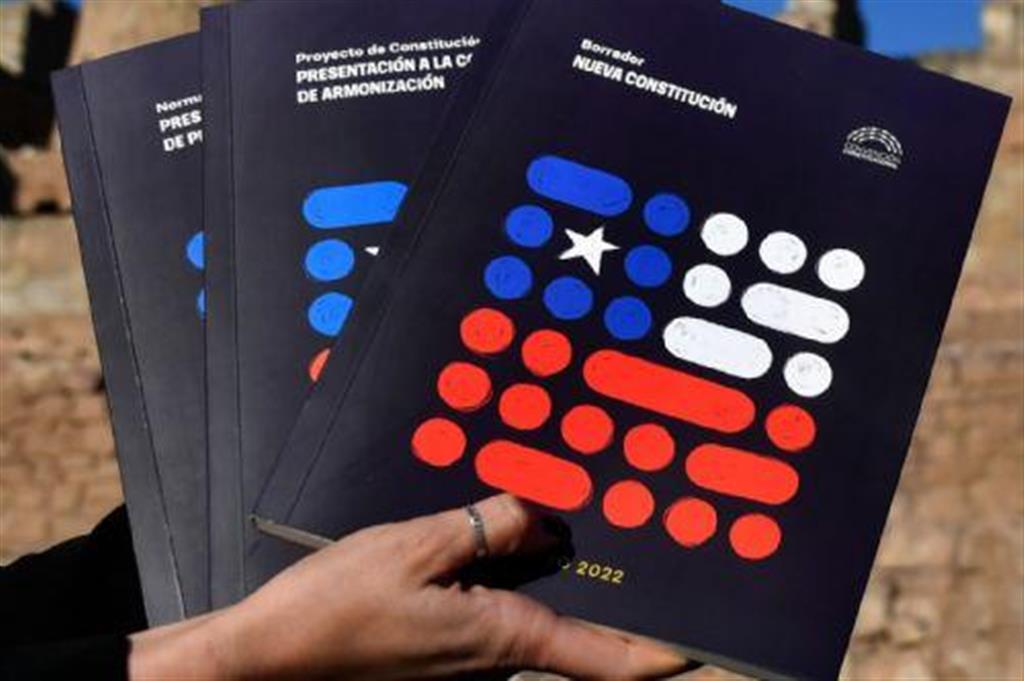At stake is a constitutional bill, elaborated by a democratically elected convention, or the magna carta inherited from the dictatorship.
The proposal was drafted by a convention made up of 77 men and 77 women, with seats reserved for indigenous peoples, and incorporates historically neglected issues such as the recognition of native communities, women’s rights, universal health care and access to free and quality education.
On the eve of the Sunday referendum, the outlook is uncertain. If the polls are taken into account, the Rejection option will win over the Approval choice, but in the campaign closings the win was for the supporters of the new constitutional project.
The images speak for themselves. Some 500,000 people filled the central avenue of the Alameda to say yes to the new Magna Carta, while the opponents of the proposal barely gathered 400. The president of the Senate, Alvaro Elizalde, called for respecting what the citizens decide in the referendum this Sunday.
Regarding the post-plebiscite scenario, he declared that if the “I approve” side wins, the text must be implemented and adjustments and improvements must be reviewed to broaden the support base.
If, on the contrary, the Rejection triumphs, Elizalde considers that the process should continue since the population pronounced itself in the referendum held on October 25, 2020, to repeal the current constitution.
mh/car










